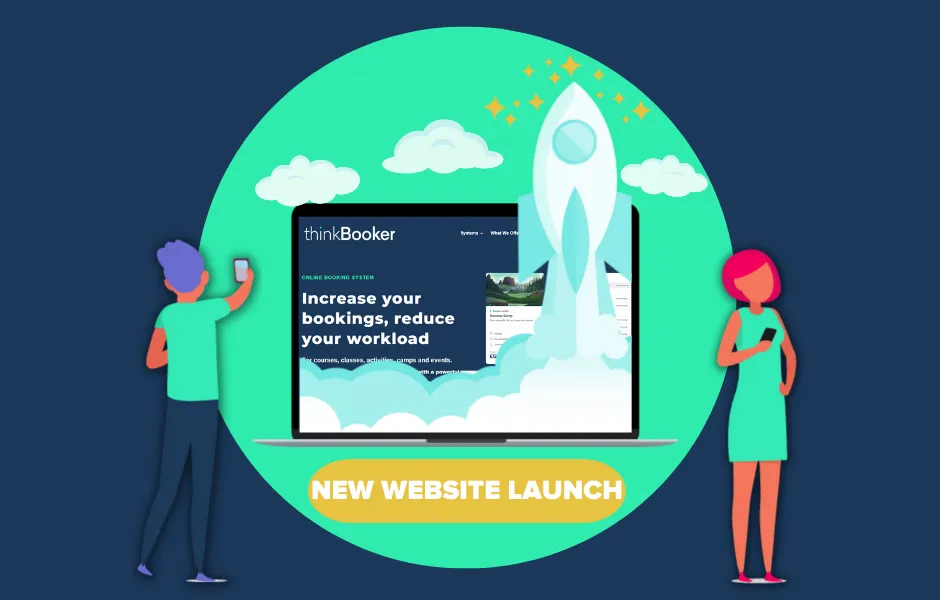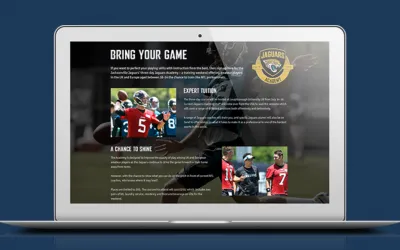We left the office around 1:30. The great and all-knowing Google Maps suggesting that we faced around three and a half hours in the car; and would be enjoying the delights of the M5 and M42 along the way.
It was a journey to the Peak District, an invitation to join the 15 strong management team of a new client for dinner; ahead of the next day’s workshop for their new booking and scheduling system.
The location was a delight; a small village in the heart of rural Derbyshire that was clinging proudly to a slower age – think Heartbeat, Last of the Summer Wine, or Open All Hours (there was even an Arkwright’s Store).
With the warmth of the early summer sun overhead, it was an idyllic backdrop for the informal greetings, ahead of the more pressing matters of business.

Getting to know the business beyond the boardroom
We speak a lot about appointment booking systems systems that deliver a personalised customer experience; or gathering data to gain insight that can provide greater service and solutions in the future.
And, in order for us to create the systems that deliver these things, we have to understand our own clients and company culture.
Naturally we need to know about their business, their needs and objectives. But insight runs deeper than this – personalisation is not just about getting to grips with specific requirements to which we can match a product or service. It’s about getting to know the business; the people, the company culture, the day-to-day particulars of the company processes.
Like any sales process, we can ascertain particular needs from calls, meetings, demos and time spent around a boardroom table.
But how much are we truly gaining an understanding of their business, and they of us? To what level are the key relationships being formed, the building of trust?
Meeting the Team
We met in the bar of our hotel; a traditional rural pub setting replete with heavy real ale pumps, high wooden beams and local patrons who supped their pints and cast quizzical glances at the new-comers from their personal bar stools.
A chance to make introductions across the team in a relaxed setting; to put names to faces, faces to voices from past-phone call communications.
From here we would make the short walk back to the venue at which our clients were staying for their week-long get together.
A beautiful old rural-style house at the side of a working water mill; where we would enjoy a beautiful ‘home-made’ meal sitting among the team on a long table in the kitchen.

Why was getting to know the company culture so important?
Over a period of weeks there had been numerous calls between different members of the thinkBooker team and stakeholders on the client side. Enough to develop an understanding of the importance placed in customer experience, the urgency placed on improvements to operational efficiency, and the desire to create a community spirit between staff, the company, and their clients – to breed a sense of loyalty to the brand across the board.
Of course, we could deliver a spec to meet these needs – but so important are these kinds of investments to a business, that getting to know them on a more granular level can be crucial to the long-term success.
The company spoke of creating a community spirit, of applying new technology to help facilitate this.
By understanding the social ‘communal’ approach they had in relation to their team get-togethers, drove home the reality of this need.
Of equal importance, however, was the way in which we could truly personalise the dialogue between the companies. To put faces to names and voices, and to learn about the individuals who make up the company whole; their roles, their personalities, and the challenges they have in their work.
Finding a shared interest (be it a mutual love of the 90s Indy music or American literature) allows for ice to break.
We are applying a technology, but we never forget the humans behind it.
By the next morning, we knew our clients, and they us – in a way that fostered greater openness when it came to discussing the projects. A few hours of getting to know the people in the business allowed us insight into the operational realities, and allowed them to be more candid in their assessments. It also empowered us to challenge existing practices, surer that we were all on the same page, seeking the same beneficial outcomes.
The best venue yet for a client workshop to kick off a new online booking project #onlinebooking #UX #CX pic.twitter.com/RfXY5eCEGT
— thinkBooker (@thinkBooker) May 17, 2018
The Bedrock of Long-Term Relationships
In the technology we deploy, through the bespoke booking systems we create, there is an ongoing demand for the gathering of client data that can be used to develop insight, and to facilitate better personal service that engenders trust and encourages loyalty to the brand and to the business.
In order for this to truly be deliverable, it needs to be a philosophy soaked through the company culture of the business – and we need to practice what we preach.
Getting under the hood of our customers, learning about the people and the practices that combine to make the whole thing tick, is what feeds into our own learning.
Enabling us to deliver the personal booking journeys, the operationally efficient systems, and the customer experience that sets your business apart from the crowd.
Allowing us to form a long-term relationship with our clients.
The platform for our clients to form long-term relationships with theirs.
At thinkBooker, we specialise in online booking systems for training courses, classes, activities and events – optimised for efficiency, growth and ongoing client satisfaction.
Browse the site to learn more about course booking systems, sports booking systems, event booking systems and more, or get in touch directly to find out how we can help you.



